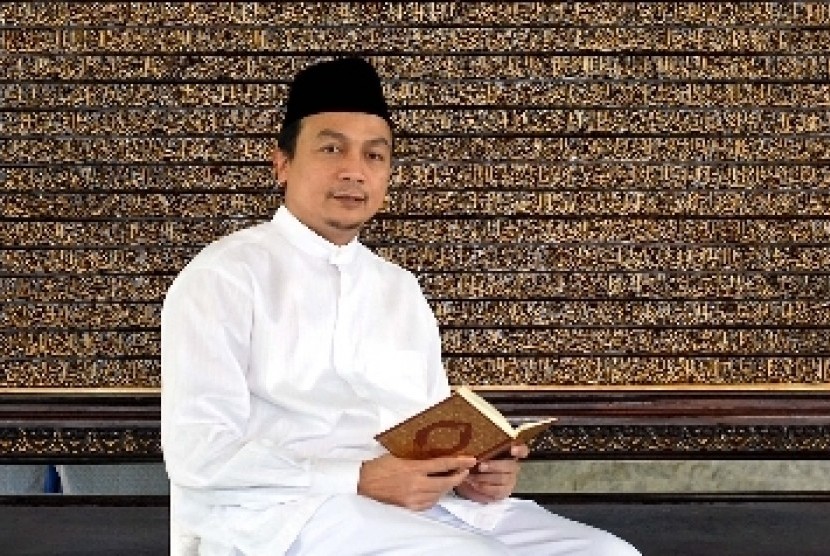REPUBLIKA.CO.ID, JAKARTA -- The Coalition of Islamic Politics is determined to merge all elements of the central axis, which is made up of Islam-based political parties, into a large coalition to channel Muslims' aspirations.
"On behalf of the Coalition of Muslims, we urge leaders of the Islam-based political parties not to be trapped by political mathematics. Almost 32 percent of the votes (in the legislative election) were cast by the Muslim population," the coalition's executive chairman Bachtiar Nasir said at a press conference here on Thursday.
Bachtiar claimed that he had accommodated the aspirations of Muslims at the grassroot level, who wanted Islam-based political parties to unite to nominate their own presidential and vice presidential candidates for the July 7 poll.
Therefore, he added he invited well-known people from Islamic mass organizations and political parties to a meeting at a residence on Cikini Raya Street No. 24, Central Jakarta.
He noted that the current political agreements between Islam-based political parties and nationalist political parties had been influenced by individual egos.
"Therefore, we gathered Islamic figures to unite to elect their own presidential and vice presidential candidates," he said.
Among the Islamic personalities invited to the meeting were Prof. Dr. Din Syamsuddin, KH. Cholil Ridwan, Ust. Bachtiar Nasir, M. Anis Matta, Emron Pangkapi, Ir. M. Hatta Rajasa, H. A. Muhaimin Iskandar, Prof. Yusril Ihza Mahendra, Drs. M. Jusuf Kalla, Dr. Mahfudz MD and Prof. Dr. H. Amien Rais.
The Islam-based political parties have the potential to form a coalition to nominate presidential and vice presidential candidates for the July 9 presidential poll.
Based on unofficial quick counts, on the results of the April 9 legislative election, Islamic parties collectively won about 32 percent of the votes. It is exceeding the 25 percent presidential threshold as required by the law for a political party or a group of political parties to nominate a presidential candidate.
According to Islamic political observer Dr Yon Mchmudi of the University of Indonesia, Islamic parties can form a strong coalition and nominate a presidential candidate for the presidential race.
"The Islam-based parties, such as the National Awakening Party (PKB), the National Mandate Party (PAN), the Prosperous Justice Party (PKS) and the United Development Party (PPP), have the potential to become an alternative force," he said recently.
Yon Mchmudi added that the coalition of the Islam-based parties can serve as an alternative force because collectively their vote tally was about 32 percent. After all, they all have relatively similar ideologies.
The quick count by the Indonesia Survey Institute (LSI) after the April 9 polls, placed the Indonesian Democratic Party of Struggle (PDIP) in the first position with 19.77 percent of the votes, the Golkar Party in the second place with 14.61 percent, the Great Indonesia Movement (Gerindra) in the third place with 11.80 percent and the ruling Democratic Party (PD) in the fourth place with 9.73 percent.
The fifth position was taken by the PKB with 9.07 percent of the votes, followed by the PAN with 7.47 percent, the PPP with 7.08 percent, the PKS with 6.61 percent, the National Democrat Party (NasDem) with 6.77 percent, the People's Conscience Party (Hanura) with 5.26 percent, the Crescent and Star Party (PBB) with 1.36 percent and the Indonesian Prosperous and Unity Party (PKPI) with 0.97 percent.


